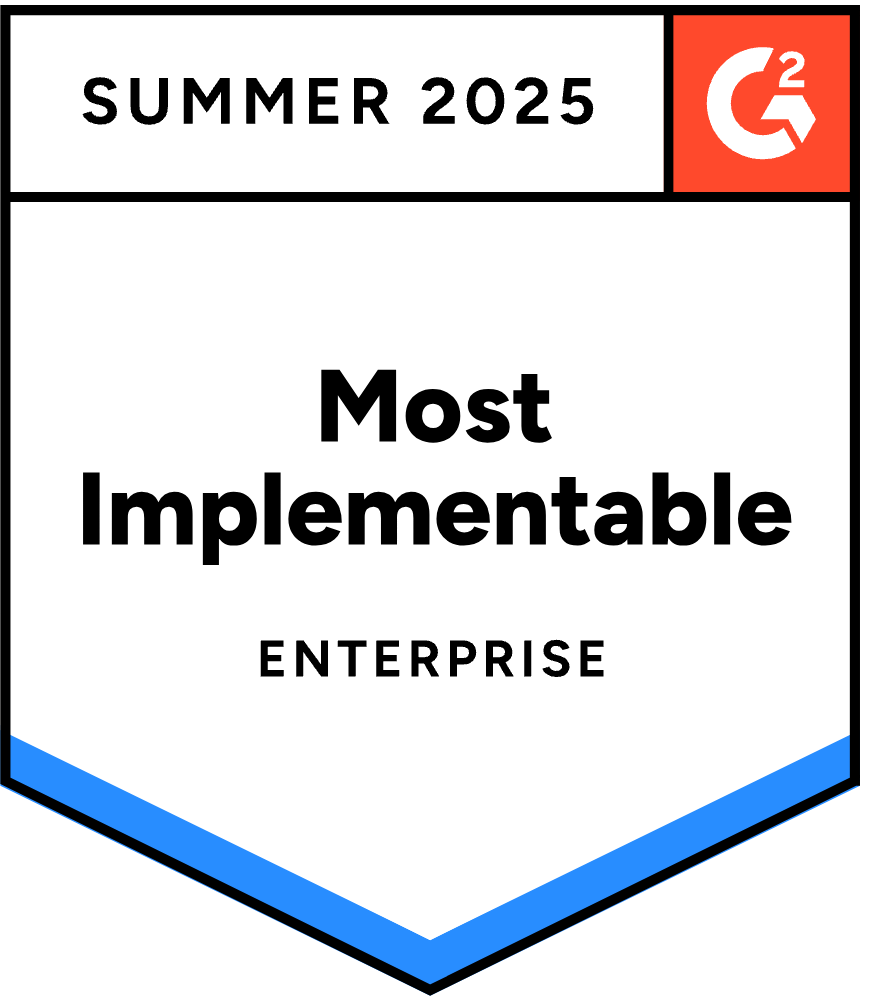Manage client identities, devices, and more from a single, Open Directory Platform™
JumpCloud for MSPs enables you to securely and efficiently provide your customers with seamless access to resources to Make (Remote) Work Happen™
Everything your MSP needs in one Open Directory Platform™
Multi-Tenant Portal
Get seamless access to your clients' resources, networks, and endpoints from one interface.
Learn MoreProfessional Services for MSPs
Leverage professional services from JumpCloud experts tailored for MSPs.
Learn MoreSingle Sign-On (SSO)
Offer your customers secure and password-less authentication to third-party services.
Learn MoreDevice Management
Centrally manage and patch Windows, Mac, Linux and iOS devices and servers.
Learn MoreConditional Access
Quickly transition your customers to a Zero Trust framework with advanced security controls.
Learn MoreDirectory Insights
Provide your customers with full visibility and control over user actions across services.
Learn MoreSystem Insights
Monitor and audit device telemetry across operating systems, networks and device types.
Learn MoreCloud LDAP
Connect your users to their on-premises applications and file servers from anywhere.
Learn MoreCloud RADIUS
Provision and deprovision user access to VPN and Wi-Fi networks from your browser.
Learn MorePSA Integrations
Deeply integrate with your existing MSP toolset to optimize workflows and streamline billing.
Learn MorePassword Manager
Create, store, and protect user credentials locally on devices, and centrally manage passwords.
Learn MorePatch Management
Simplified, scheduled, and automated patch management and version control for operating systems, browsers, and applications.
Learn More"I really think that there isn’t a product on the market that offers everything that JumpCloud offers in one place."
Trusted by Organizations Worldwide
How can JumpCloud for MSPs Help Your Business?
Grow Your Revenue with Confidence
Instantly acquire a comprehensive stack of security and productivity solutions that you can resell to your customers.
More About Revenue Generation
Increase Efficiencies Across Your MSP
Manage your entire client base from a single pane of glass with the Multi-Tenant Portal. Centralize core operational workflows with deep integrations to the tools you already use.
More About Multi-Tenancy
Enforce Stronger Security Standards
Adopt a Zero Trust framework internally and across your customer base with the help of password-less authentication, MFA everywhere and conditional policies.
More About Zero Trust










